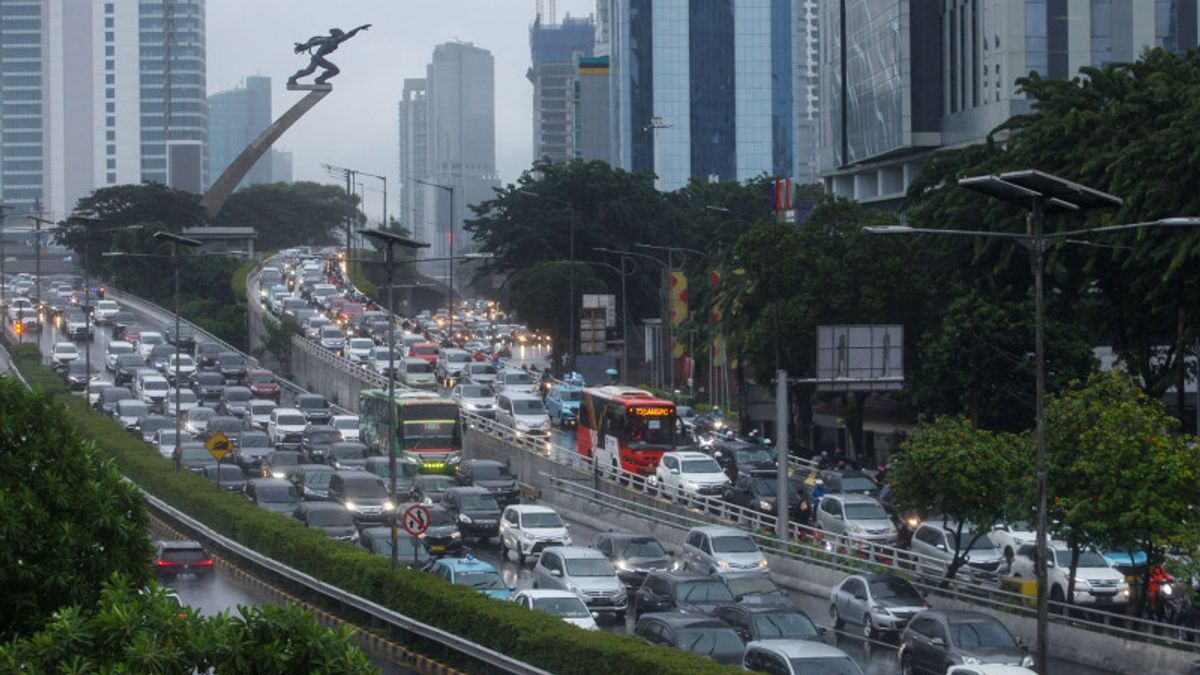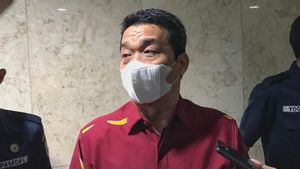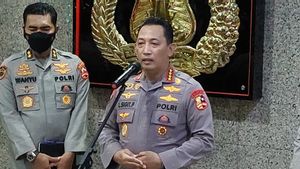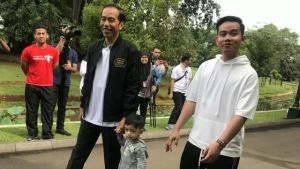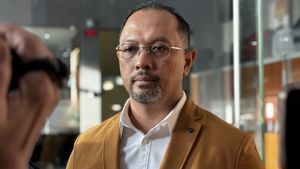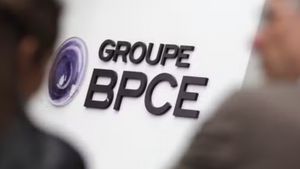JAKARTA - Urban Policy Executive Director Nurfahmi Islami Kaffah believes that there is a need for a legal breakthrough to address the impossibility of Depok and Bogor joining Jakarta.
According to him, constitutionally, there are at least two ways in which the proposed joining of Bekasi into Greater Jakarta.
"The first is through a bottom-up submission in accordance with Law 23 of 2014 concerning Regional Government in conjunction with Government Regulation (PP) No. 78 of 2007 concerning Procedures for the Establishment of the Elimination and Merger of Regions, in particular those that regulate regional mergers, changes in regional boundaries and regional province formation," he said in a written statement, Monday, July 18.
The second way, continued Nurfahmi, is through the Revision of Law no. 29 of 2007 concerning the Provincial Government of the Special Capital Region of Jakarta as the Capital of the Unitary State of the Republic of Indonesia, which is currently being proposed for revision by the DKI Jakarta Provincial Government to the central government.
Nevertheless, Urban Policy notes that it is not enough just to have a constitutional basis that needs to be met and paid attention to, in addition, there needs to be a firm policy direction from the central government, to design the Jakarta area and buffer city in the future, because of the resolution of various problems in Jakarta, cannot run effectively if there is no mutual seriousness in structuring buffer areas.
"The most important thing is that the central government dares to organize the future of Jakarta with this breakthrough merger, because the authority and legal politics are in the center," he said.
VOIR éGALEMENT:
He assessed that the opportunity for Bekasi to join Jakarta was influenced by 4 main factors, namely the geographical proximity, and the similarity of socio-cultural characteristics.
Furthermore, the third equation is the economic activity of the population, as well as the four needs for holistic solutions to urban problems such as floods, congestion, and environmental problems such as air pollution which are interrelated with Jakarta.
Nurfahmi said that Bekasi as a suburban city, in terms of spatial functions and economic mobility, its people tend to be more familiar with Jakarta than other areas in West Java.
Asking whether Bekasi and Depok when joining DKI Jakarta will be relegated to administrative cities and do not have a DPRD, Nurfahmi answered that any opportunity is still very open, with the revision of the Jakarta Specialty Law, there is an opportunity for a new format for structuring Jakarta and buffer zones.
For that, he continued, it doesn't mean that it has to be like an administrative city, this revision could be a moment of restructuring Jabodetabek, it's just a matter of how the legislative and central government law breakthroughs in the preparation of the revision of the Jakarta Specialty Law, and the involvement of the cities of Depok and Bekasi seriously in guarding the draft being worked on.
Based on the Antara report, Urban Policy assesses that there is potential for Jakarta, Bekasi, and Depok to both benefit if there is a merger. On the one hand, Jakarta will expand in terms of area coverage and reduce congestion, which is of course very important to support Jakarta as the center of the national economy.
On the other hand for the City of Bekasi is the acceleration of development including integration in various fields of infrastructure and public services.
However, Urban Policy also recommends that the Bekasi City Government and other cities such as Depok City, really calculate the projected socio-political impacts and risks and involve DPRD and community participation before following up on the discourse.
"The most important thing is that the attitude of wanting to join is based directly on the strong desire of the community, therefore it must be studied and calculated, because the most important thing is not a change in administrative status, but its orientation to improving the welfare of the community," he concluded.
The English, Chinese, Japanese, Arabic, and French versions are automatically generated by the AI. So there may still be inaccuracies in translating, please always see Indonesian as our main language. (system supported by DigitalSiber.id)
